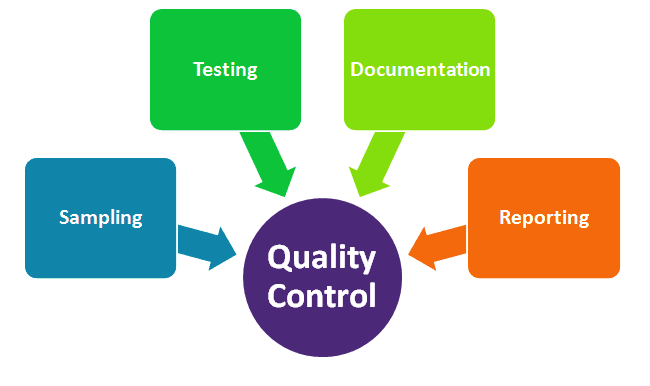Many players prefer practice to theoretical knowledge. This is probably how an amateur player thinks. A true professional reinforces his knowledge with a large amount of relevant literature. If you want to become a professional in casino games, poker, or betting, it is important to learn from the experts. And only then try your skills in top casinos or live roulette.
Gambling is not just about luck or coincidence. First of all, it is knowledge of the basics, rules and strategies. If you want to win, you need smart and unique strategies. We present a list of recommended books to read. They will help you learn new betting techniques and the mathematics of roulette and blackjack. Each of these books destroys the myth that gambling is based on intuition and luck.
BRINGING DOWN THE HOUSE
Author: Ben Mezrich
At first, “Bringing Down The House” seems like a classic “true story” of a scammer, as indicated in no small part by its straightforwardly American subtitle: “The True Story of Six MIT Students Who Beat Las Vegas for Millions of Dollars.” The pretentiousness of the author’s statement is intriguing. To believe or not to believe? You are inclined to the first one: the practical recommendations presented in the book are logically and mathematically justified, and therefore completely deadly for casino owners.
But if you look from the other side, the author of the book reveals the players’ cards before the stern and scrutinizing gaze of the casino security service. So they’re even.
THE BIGGEST BLUFF
Author: Maria Konnikova
Konnikova’s book is autobiographical in nature. In it, a girl talks about her journey into the world of a card game, which turned her life upside down. From Maria’s experience you will learn:
- How to be attentive
- How to cope with emotions
- How to start winning at poker
Maria became interested in poker relatively late – in 2017, when the girl was already 33 years old. The initial goal is to write a book about this game. Well-known professional Eric Seidel was invited to play the role of teacher and consultant.
The introduction to the game turned out to be successful in all respects. The writing of the book also progressed, although not as quickly as Konnikova had originally planned. But poker brought her big wins – and the girl concentrated primarily on the game.
However, “The Biggest Bluff” should not be considered as a teaching aid. But this book is well written, so it sells well. The publication was recognized as a New York Times bestseller. And The Washington Post and Nature recommend the book for reading.
THINKING IN BETS
Author: Annie Duke
Poker champion and business consultant Annie Duke talks about how to make better decisions in the face of uncertainty.
We make decisions every day with the confidence that we have taken all factors into account and expect a good result. In reality, we always act under conditions of uncertainty, and the result ultimately depends on two main factors: our skill and luck. Like in poker. But this book is not about playing cards, but about the benefits of betting thinking outside the gambling table and how to use it.
Annie Duke, a famous poker player, suggests treating decisions like bets.
The book consists of 6 chapters that fit into 200 pages that fly before your eyes instantly.
SOCCERNOMICSIS
Author: Simon Kuper
Much of what we know about modern football is a myth. The authors of the book debunk popular misconceptions and show with examples how football is connected economically, culturally and demographically to life outside the stadiums.
Which country loves football the most? Is it true that football clubs earn crazy money? Can this game prevent suicide? Does winning a championship depend on the country’s population and average income? How do statistics help goalkeepers save penalties? Are England really playing worse than they can?
Simon Kuper also analyzed sports betting. Kuper contends in his book that each sports betting occurrence is unique. As a result, each match must be analyzed independently, although several may be combined to form a general model of play. Cooper does not provide easy solutions, but he convincingly argues that studying key events during a given season might lead to profitable betting methods.











